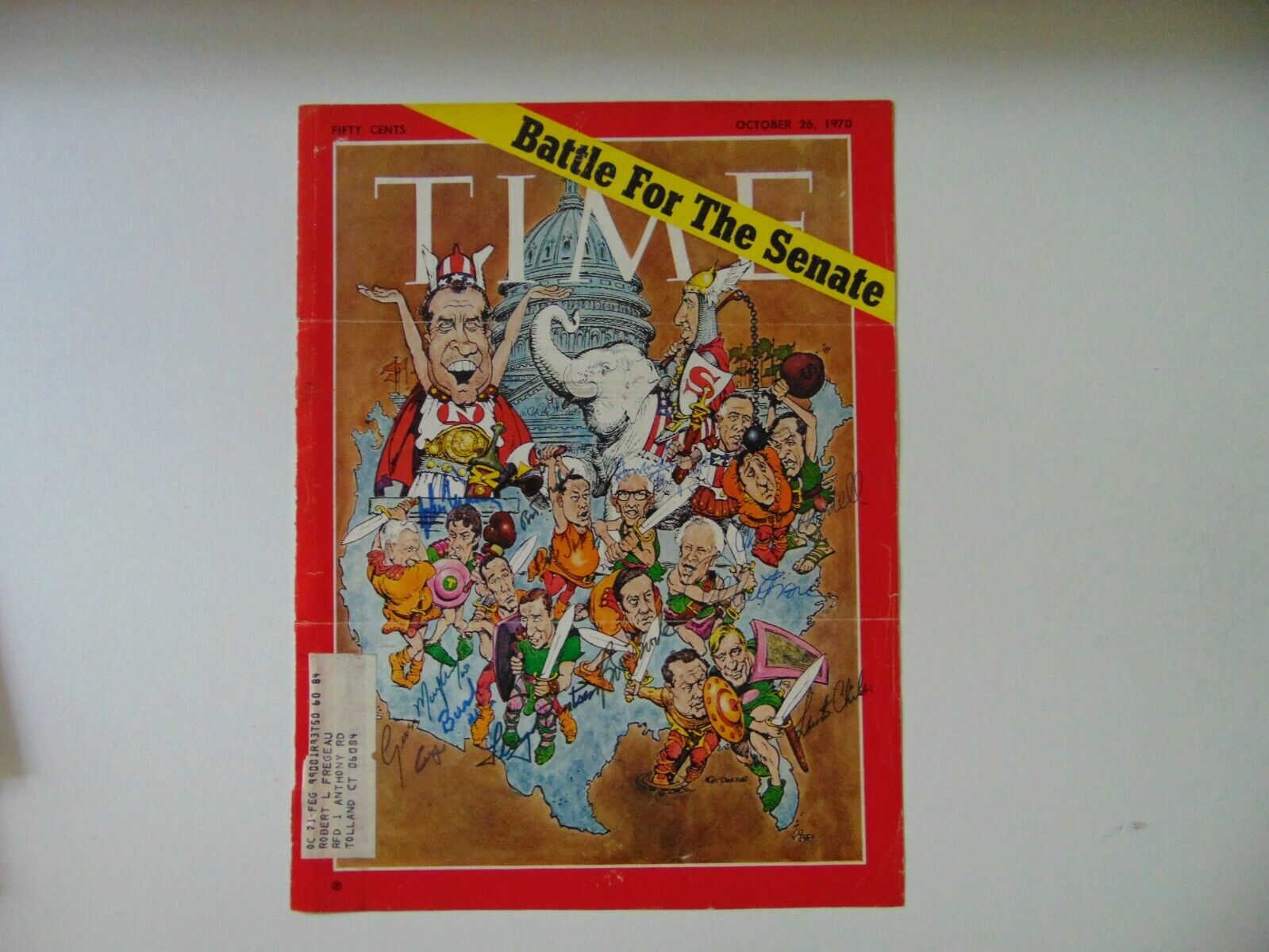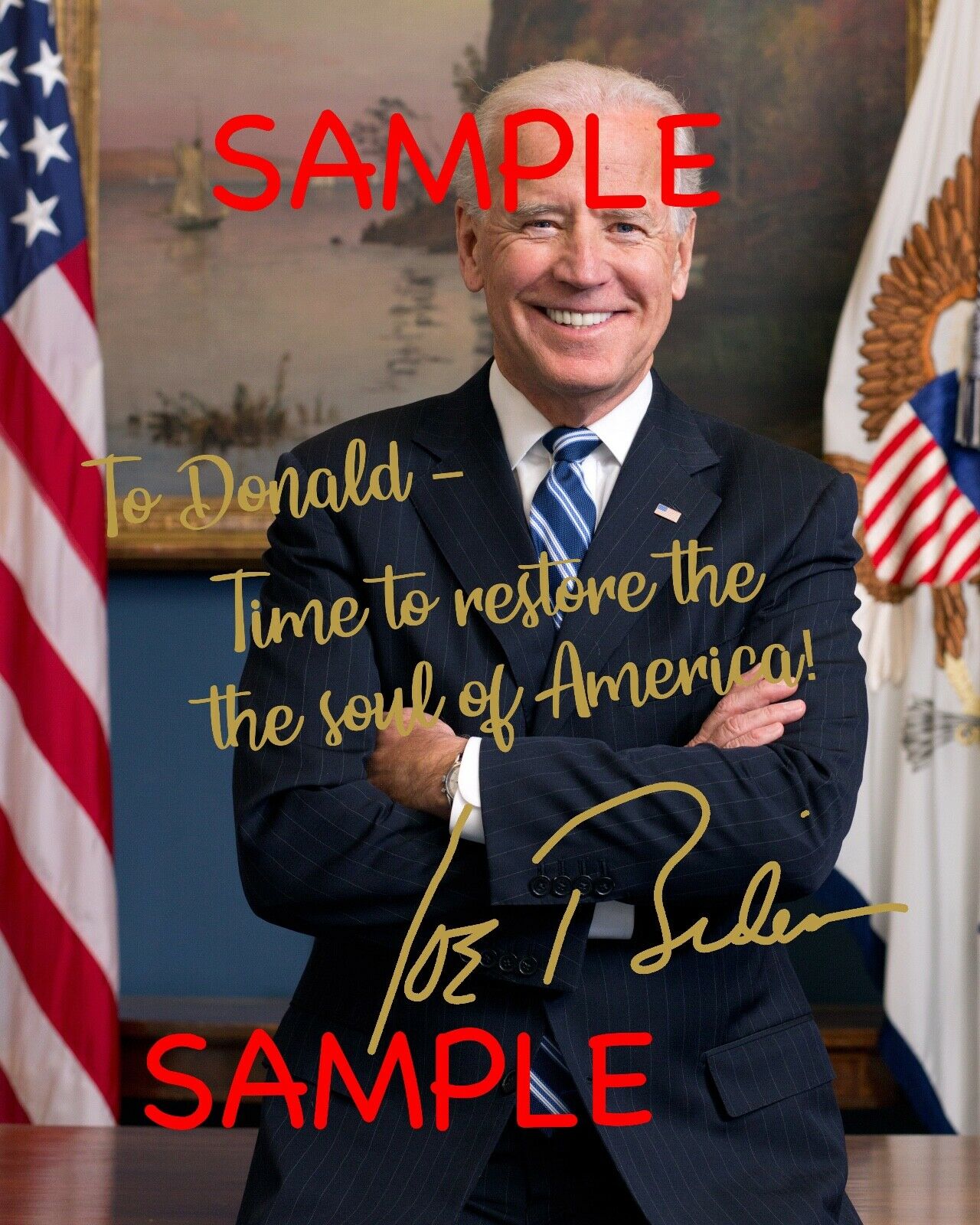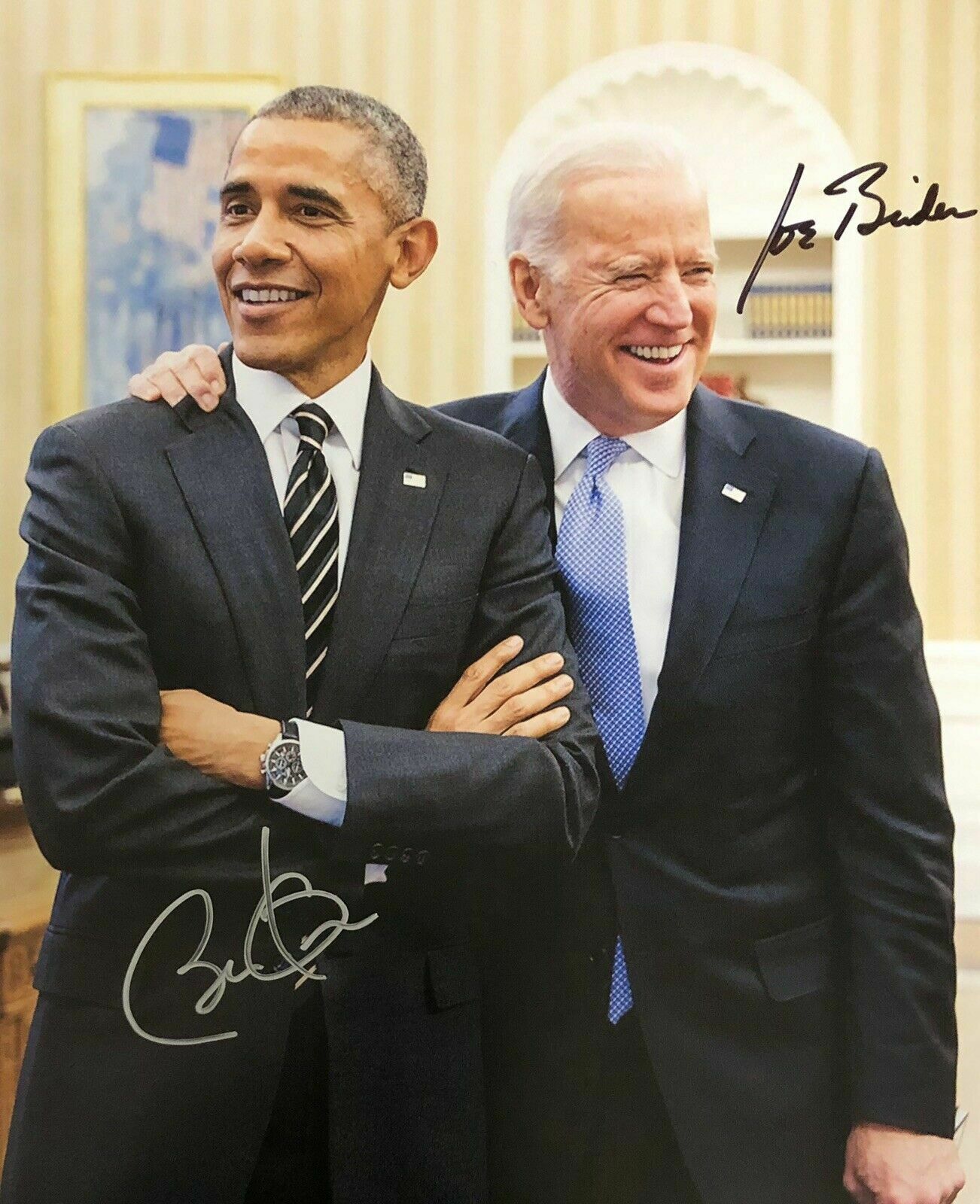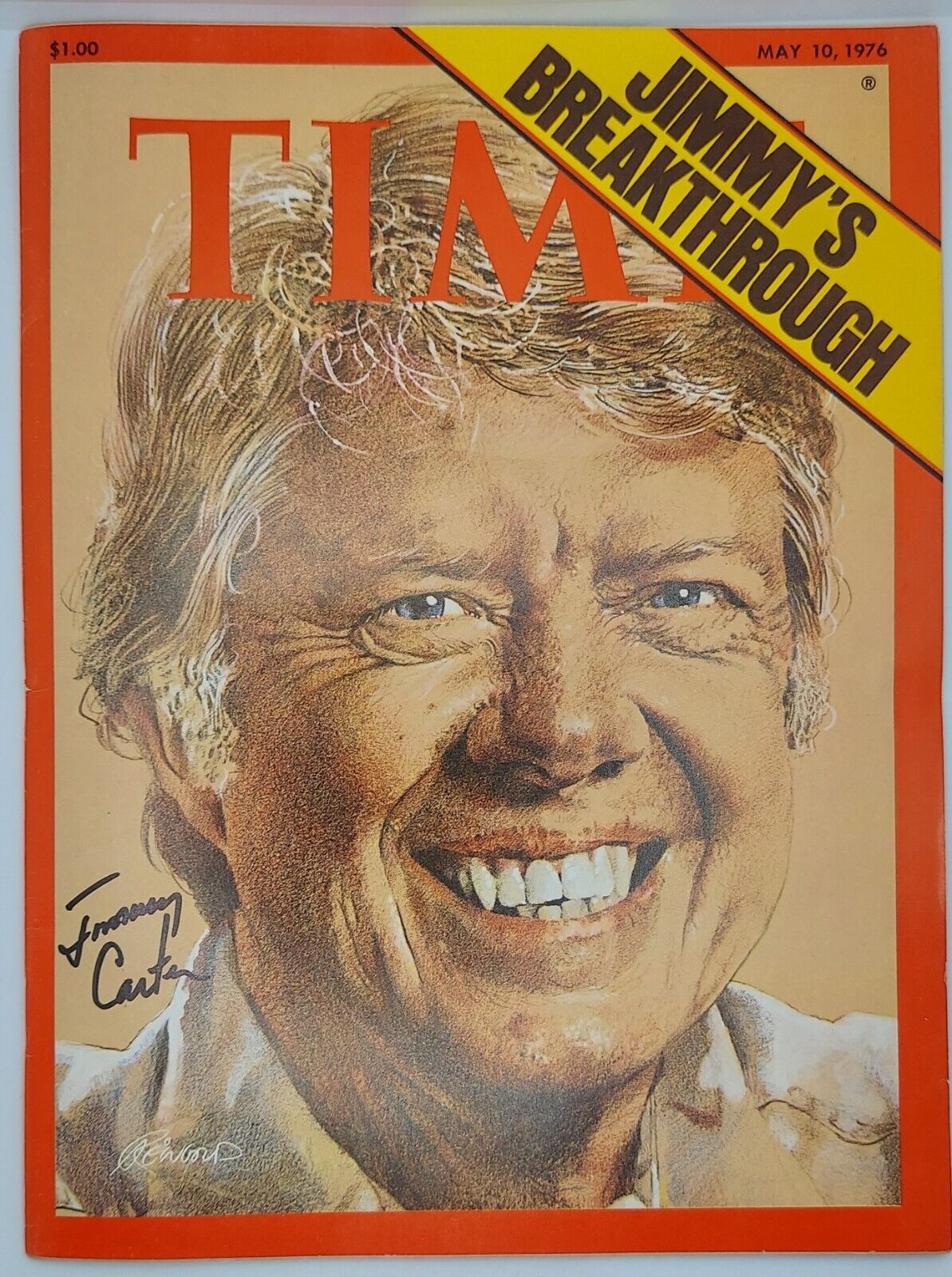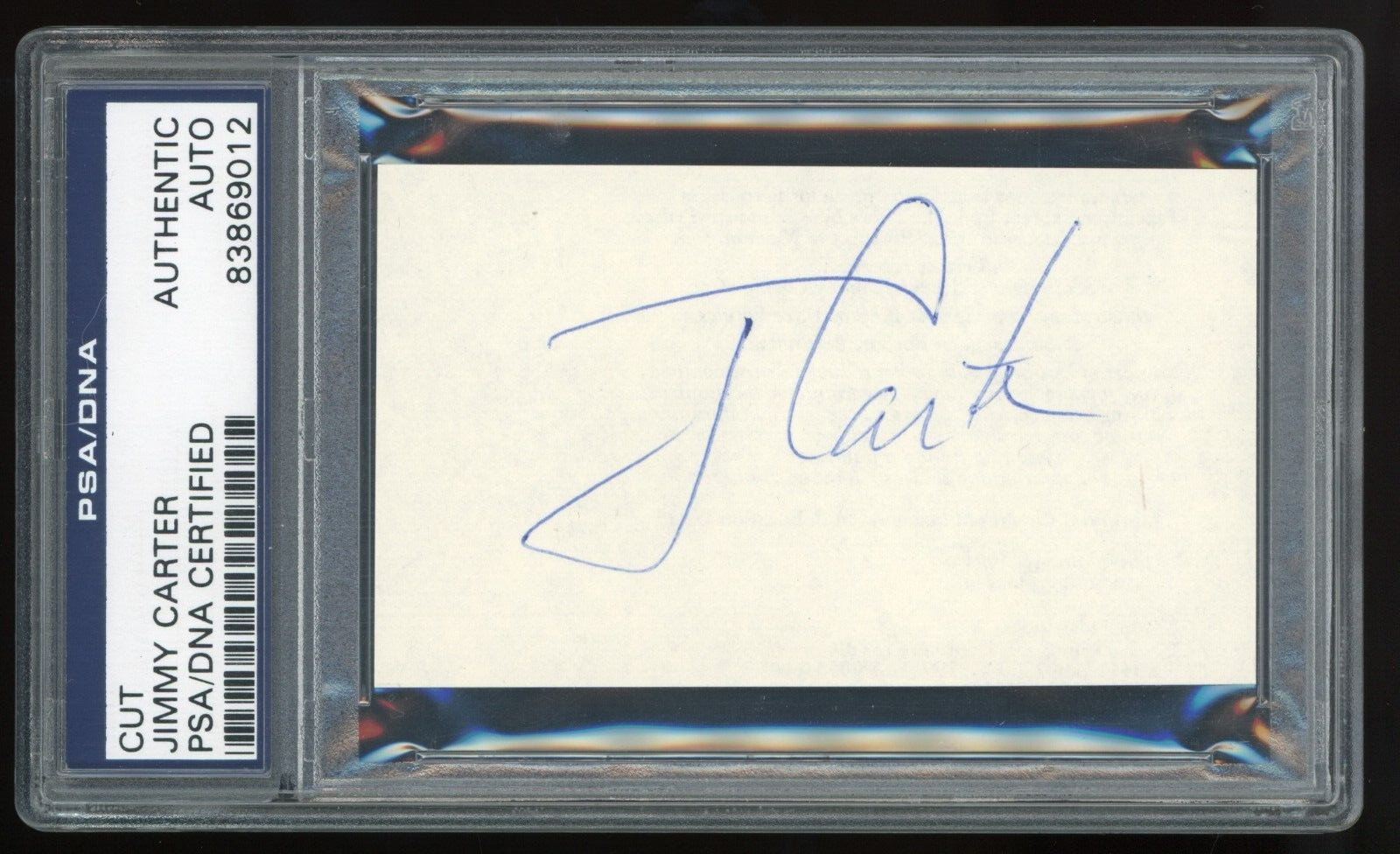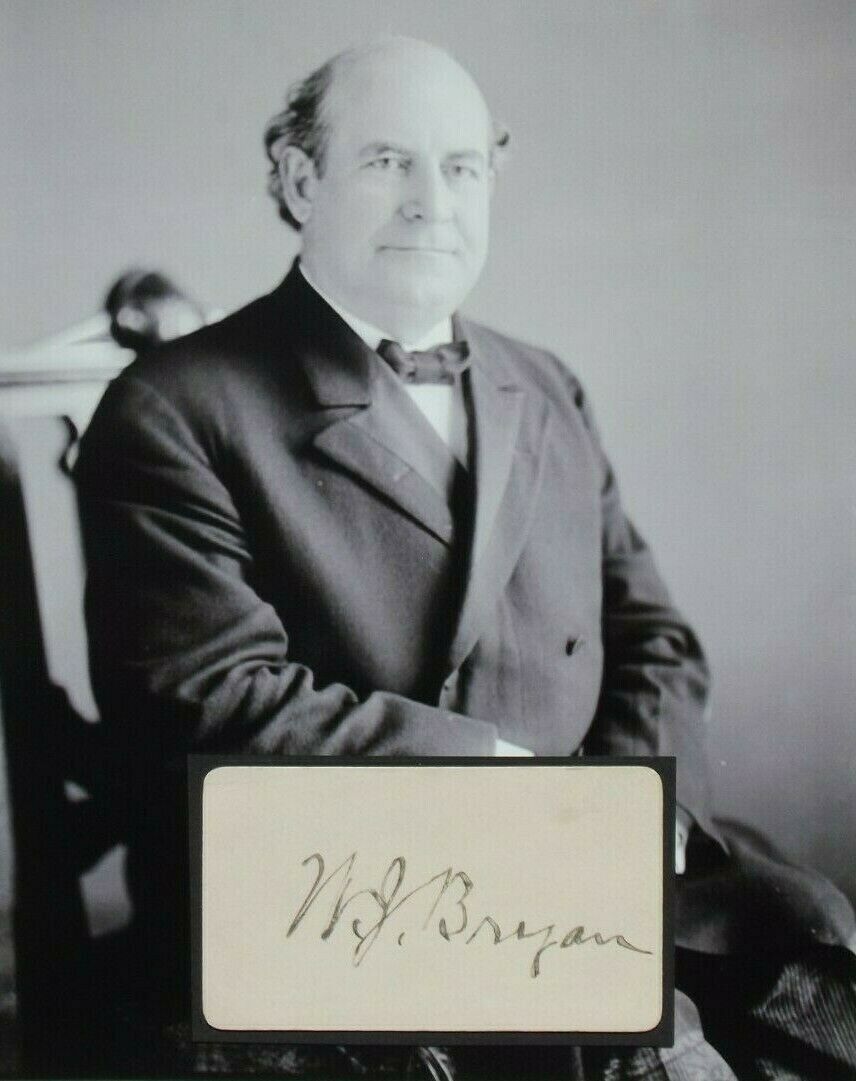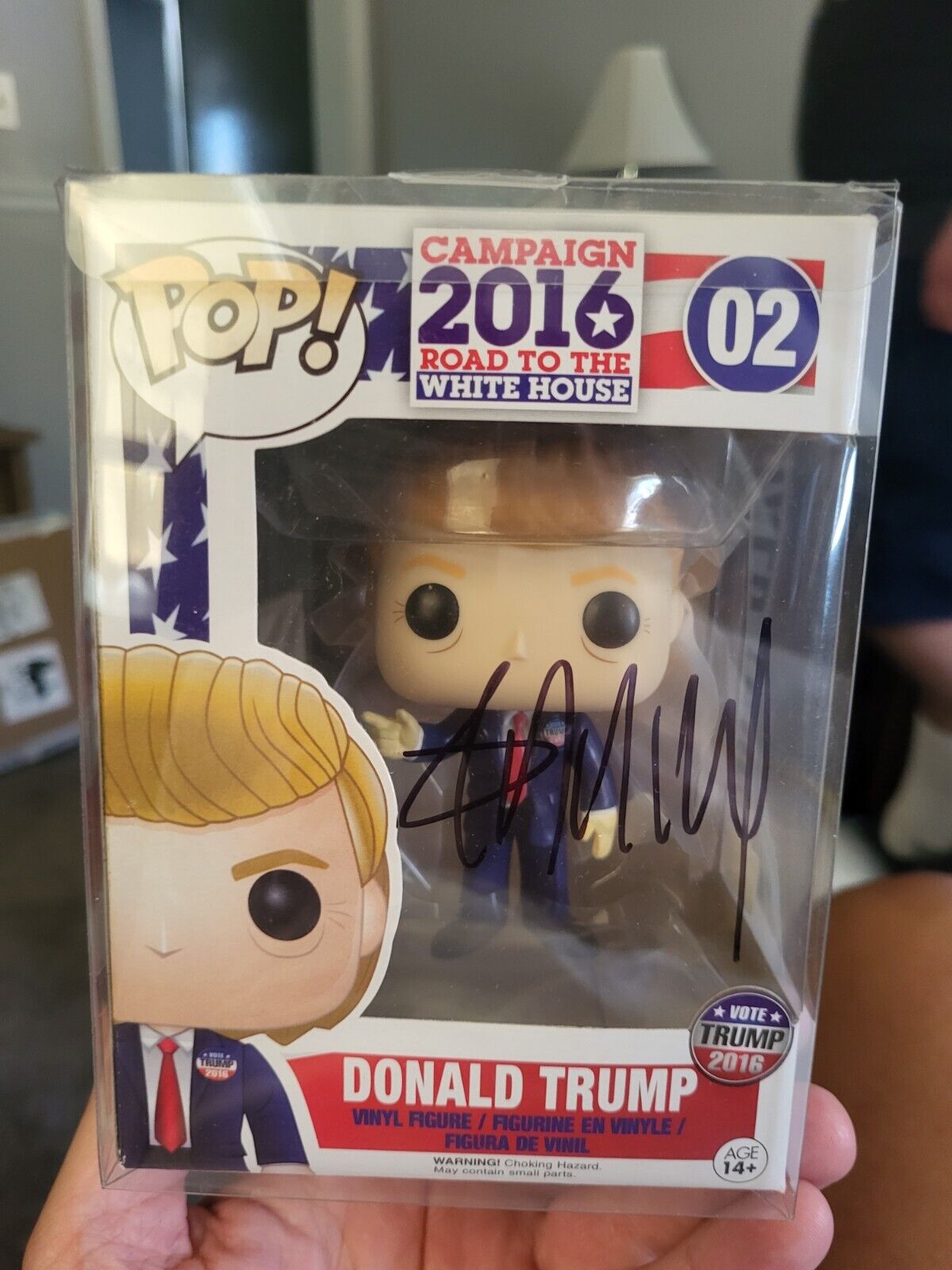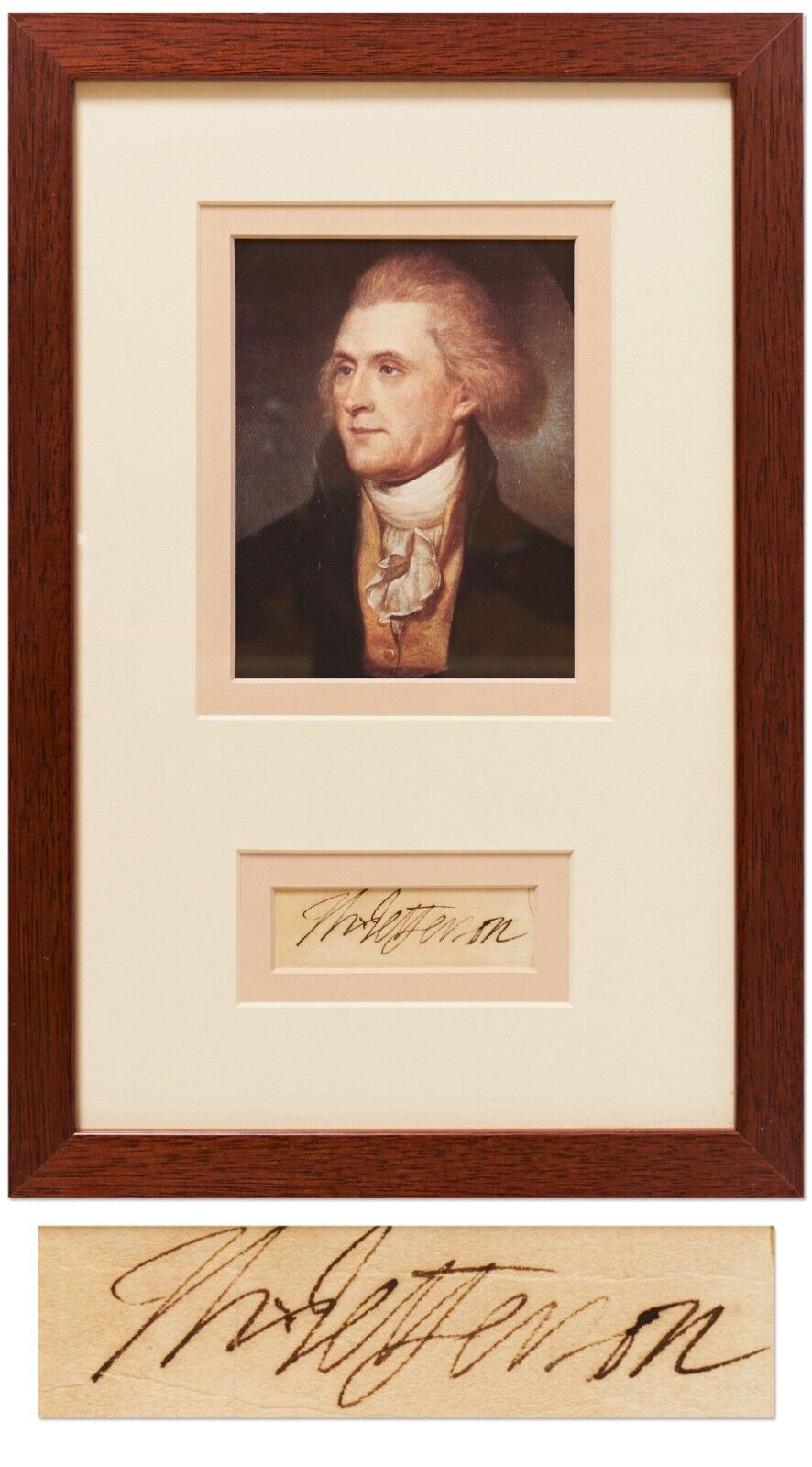-40%
"Politicians" George H.W. Bush +7 Signed Time Magazine Cover Todd Mueller COA
$ 258.71
- Description
- Size Guide
Description
Up for auction a RARE!"Politicians" Multi-Signed Time Magazine Cover. Signers are;
George H.W. Bush, Robert Taft, John Tunney, George Murphy, Lloyd Benson, Lawton Childs, Charles Goodell and Albert Gore.
This item is certified authentic by Todd Mueller Autographs and comes with their Certificate of Authenticity.
ES-4524E
George Herbert Walker Bush
(June 12, 1924 – November 30, 2018) was an American politician, diplomat, and businessman who served as the 41st
president of the United States
from 1989 to 1993. A member of the
Republican Party
, Bush also served in the
U.S. House of Representatives
, as
U.S. Ambassador to the United Nations
, as
Director of Central Intelligence
, and as the 43rd
vice president
. Bush was raised in
Greenwich, Connecticut
and attended
Phillips Academy
before serving in the
United States Navy
during
World War II
. After the war, he graduated from
Yale University
and moved to
West Texas
, where he established a successful oil company. After an unsuccessful run for the
United States Senate
, he won election to the
7th congressional district of Texas
in 1966. President
Richard Nixon
appointed Bush to the position of
Ambassador to the United Nations
in 1971 and to the position of
chairman of the Republican National Committee
in 1973. In 1974, President
Gerald Ford
appointed him as the
Chief of the Liaison Office to the People's Republic of China
, and in 1976 Bush became the
Director of Central Intelligence
. Bush ran for president in 1980, but was defeated in the
Republican presidential primaries
by
Ronald Reagan
. He was then elected vice president in 1980 and 1984 as Reagan's running mate. In the
1988 presidential election
, Bush defeated Democrat
Michael Dukakis
, becoming the first incumbent vice president to be elected president since
Martin Van Buren
in
1836
. Foreign policy drove the
Bush presidency
, as he navigated the final years of the
Cold War
and played a key role in the
reunification of Germany
. Bush presided over the
invasion of Panama
and the
Gulf War
, ending the Iraqi occupation of
Kuwait
in the latter conflict. Though the agreement was not ratified until after he left office, Bush negotiated and signed the
North American Free Trade Agreement
(NAFTA), which created a trade bloc consisting of the United States, Canada, and Mexico. Domestically, Bush reneged on
a 1988 campaign promise
by signing a bill that increased taxes and helped reduce the federal budget deficit. He also signed the
Americans with Disabilities Act of 1990
and appointed
David Souter
and
Clarence Thomas
to the
Supreme Court
. Bush lost the
1992 presidential election
to Democrat
Bill Clinton
following an
economic recession
and the decreased emphasis of foreign policy in a post–Cold War political climate.
Robert Taft Jr.
(February 26, 1917 – December 7, 1993) was an American politician. He was a member of the
Taft political family
who served as a
Republican
Congressman
from
Ohio
between 1963 and 1965, as well as between 1967 and 1971. He also served as a
U.S. Senator
between 1971 and 1976. Taft Jr. was born in
Cincinnati, Ohio
, on February 26, 1917, the second of four sons born to
Robert Alphonso Taft Sr.
and the former Martha Wheaton Bowers.
[2]
Unlike his father, he did not have a
middle name
, although he sometimes used the same middle initial. Robert Jr.'s paternal grandparents were
President
William Howard Taft
and First Lady
Helen Louise "Nellie" Herron
while his maternal grandparents were
Lloyd Wheaton Bowers
(
Solicitor General of the United States
from 1909–1910) and Louisa Bennett Wilson. His older brother was
William Howard Taft III
, who served as
Ambassador to Ireland
from 1953 to 1957, while his younger brothers were Lloyd Bowers Taft, who worked as an investment banker in Cincinnati,
[8]
and Horace Dwight Taft, who became a professor of physics and dean at Yale Taft graduated from
Yale University
in 1939 and
Harvard Law School
in 1942.
Lawton Mainor Chiles Jr.
(April 3, 1930 – December 12, 1998) was an American politician from the
U.S. state
of
Florida
. He served as a United States senator from 1971 to 1989 and as the
41st governor of Florida
from 1991 to 1998. A
Korean War
veteran, Chiles later returned to Florida for law school and eventually opened his own private practice in 1955. Three years later, Chiles entered politics with a successful bid for the
Florida House of Representatives
in 1958, as a member of the
Democratic Party
. By 1966, Chiles left the Florida House to run for the
Florida Senate
. Despite 12 years in the
Florida Legislature
, Chiles was relatively unknown when he decided to bid for
United States Senate in 1970
. He embarked on a 1,003-mile walk from
Pensacola
to
Key West
for his campaign, earning him the nickname "Walkin' Lawton". It was successful and Chiles defeated his opponent
William C. Cramer
by a 53.9%-46.1% margin. Chiles retired from the United States Senate and from politics entirely in 1989. However, supporters convinced him to run for Governor of Florida in
1990
against the unpopular incumbent
Bob Martinez
, and Chiles defeated Martinez by a 13-point margin (56.5% to 43.5%). During his first term as Governor of Florida, Lawton Chiles brought reform to health care in the state and oversaw recovery efforts from
Hurricane Andrew
in 1992. Chiles faced a tough
re-election bid in 1994
against
Jeb Bush
, who was a businessman and son of former
president of the United States
George H. W. Bush
. Chiles prevailed over Bush by fewer than 64,000 votes. In his second term, Chiles was known for his reforms to education in Florida. On December 12, 1998, he suffered a
heart attack
and died at the
Florida Governor's Mansion
, leaving
Lieutenant Governor
Buddy MacKay
to serve the remaining 23 days of Chiles' unexpired term.
John Varick Tunney
(June 26, 1934 – January 12, 2018) was a
United States Senator
and
Representative
from the state of
California
. Tunney was born in New York City, the son of heavyweight boxing champion
J. Joseph Tunney
, widely known as "Gene", and
Polly Lauder Tunney
, a member of the
Lauder Greenway Family
. He grew up on the family's Star Meadow Farm in
Stamford, Connecticut
and attended
New Canaan Country School
and the
Westminister School
.
Tunney graduated from
Yale University
in 1956 with a degree in anthropology, where he was a member of the
St. Anthony Hall
fraternity. He attended
The Hague Academy of International Law
in the
Netherlands
and graduated from the
University of Virginia School of Law
in 1959, where he was a roommate of future Massachusetts senator
Ted Kennedy
, who remained a close friend. Tunney was admitted to the
Virginia
and
New York
bars in 1959 and practiced law in
New York City
. He married his first wife, Mieke Sprengers, on February 5, 1959. Tunney joined the
United States Air Force
as a
judge advocate
and served until he was discharged as a captain in April 1963. He taught business law at the
University of California, Riverside
in 1961 and 1962. In 1963, he was admitted to practice law in
California
. He was a special adviser to the
President's Committee on Juvenile Delinquency and Youth Crime
from 1963 until 1968. In 1964, Tunney was elected as a
Democrat
in the
United States House of Representatives
from
California's 38th congressional district
(
Riverside
and
Imperial
counties). He served from January 3, 1965 until his resignation on January 2, 1971 when he became a senator. While serving as a congressman, Tunney was called to
Hyannisport, Massachusetts
by Senator Kennedy to assist in dealing with the death of Mary Jo Kopechne following the
Chappaquiddick incident
. Noting his "service to the state," Tunney was made an honorary member of
Phi Sigma Kappa
by the fraternity's
Cal State Northridge
chapter in 1970.
After his 1976 Senate defeat, Tunney resumed practicing law and was a named partner at
Manatt, Phelps, Rothenberg & Tunney
(1976–1987). He also served on several corporate boards.
George Lloyd Murphy
(July 4, 1902 – May 3, 1992) was an American dancer, actor, and politician. Murphy was a song-and-dance leading man in many big-budget Hollywood musicals from 1930 to 1952. He was the president of the
Screen Actors Guild
from 1944 to 1946, and was awarded an honorary
Oscar
in 1951. Murphy served from 1965 to 1971 as
U.S. Senator
from
California
, the first notable U.S. actor to be elected to statewide office in California, predating
Ronald Reagan
and
Arnold Schwarzenegger
. He is the only United States Senator represented by a star on the
Hollywood Walk of Fame
. Murphy was born in
New Haven
,
Connecticut
, of Irish Catholic extraction, the son of
Michael Charles "Mike" Murphy
, athletic trainer and coach, and the former Nora Long. He was educated at
Trinity-Pawling School
,
Peddie School
and
Yale University
in his native New Haven.
]
He worked as a
tool maker
for the
Ford Motor Company
, as a miner, a real estate agent, and a night club dancer.
Lloyd Millard Bentsen Jr.
(February 11, 1921 – May 23, 2006) was an American politician who was a four-term
United States Senator
(1971–1993) from Texas and the
Democratic Party
nominee for vice president in
1988
on the
Michael Dukakis
ticket. He also served as the 69th
United States Secretary of the Treasury
under President
Bill Clinton
. Born in
Mission, Texas
, Bentsen graduated from the
University of Texas School of Law
before serving in the
Air Force
during
World War II
. He was awarded the
Distinguished Flying Cross
for his service in Europe. After the war, he won election to the
United States House of Representatives
, serving from 1948 to 1955. He defeated incumbent Senator
Ralph Yarborough
in the 1970 Democratic Senatorial primary and won the general election against
George H. W. Bush
. He was reelected in
1976
,
1982
, and
1988
, and served as the Chairman of the
Senate Finance Committee
from 1987 to 1993. In the Senate, he helped win passage of the
Employee Retirement Income Security Act
and played a role in the creation of the
individual retirement account
. Bentsen sought the
1976
Democratic presidential nomination but was unable to organize an effective national campaign. Democratic presidential nominee
Michael Dukakis
chose Bentsen as his running mate in the
1988 presidential election
, while the Republicans nominated Vice President
George H. W. Bush
and Senator
Dan Quayle
. During the 1988 vice presidential debate, Quayle responded to a question about his purported inexperience by comparing his time in office up to that point to that of
John F. Kennedy
, leading Bentsen to famously castigate Quayle: "
Senator, you're no Jack Kennedy
." Though Dukakis hoped that the selection of Bentsen would help the Democratic ticket win Texas, the Republican ticket won the state and prevailed by a wide margin in the nationwide electoral and popular vote. Bentsen considered running for president in
1992
but chose not to challenge Bush, who was popular after the
Gulf War
. After Bill Clinton defeated Bush in the 1992 general election, Clinton offered Bentsen the position of Secretary of the Treasury. Bentsen accepted, and as Treasury Secretary he helped win the ratification of the
North American Free Trade Agreement
and the passage of the
Omnibus Budget Reconciliation Act of 1993
. Bentsen retired from Clinton's Cabinet in December 1994 and was succeeded by
Robert Rubin
. He was awarded the
Presidential Medal of Freedom
in 1999 and died in his home in
Houston
in 2006.
Charles Ellsworth Goodell Jr.
(March 16, 1926 – January 21, 1987) was an American politician who served as a member of the
United States House of Representatives
and then a
United States Senator
from
New York
. In both cases he came into office following the deaths of his predecessors, first in a special election and second as a temporary appointee succeeding
Robert F. Kennedy
. He was elected to four full terms in Congress after winning his first race in 1959. He resigned on September 9, 1968, to accept an appointment by Governor
Nelson Rockefeller
to fill the vacancy caused by the
assassination of United States Senator Robert F. Kennedy
on June 5, 1968. Having earned the support of both the
Republican
and
Liberal
parties in 1970, he lost in a three-way race to
Conservative Party
candidate
James L. Buckley
, having split the liberal vote with
Democratic Party
candidate
Richard Ottinger
. Goodell was the father of
National Football League
Commissioner
Roger Goodell
.
Albert Arnold Gore
(December 26, 1907 – December 5, 1998) was an American politician who served as a
United States Senator
from
Tennessee
from 1953 to 1971. A member of the
Democratic Party
, he previously served as a
U.S. Representative
from the state's
4th congressional district
from 1939 to 1953. He was the father of
Al Gore
, who served as the 45th
vice president of the United States
from 1993 until 2001. A native of
Granville, Tennessee
, Gore graduated from
Middle Tennessee State Teachers College
and taught school. From 1932 to 1936 he was superintendent of schools for
Smith County
. He attended the Nashville Y.M.C.A. Night Law School, now the
Nashville School of Law
, from which he graduated in 1936. He was admitted to the bar later that year, and also accepted appointment as Commissioner of the Tennessee Department of Labor, a position he held until 1937. In 1938, Gore was elected to the
United States House of Representatives
from Tennessee's 4th congressional district. He was twice re-elected, and served from 1939 until resigning in December 1944. During
World War II
, Gore briefly served in the
United States Army
as part of a program that enabled members of Congress to join the military incognito to obtain firsthand information on training, readiness, and treatment of service members. He served from December 1944 to March 1945, when he was discharged and took the House seat to which he had been elected again in November 1944. He was thereafter re-elected in 1946, 1948, and 1950, and served from 1945 until 1953. In 1952, Gore was a successful candidate for the U.S. Senate. He was reelected in 1958 and 1964, and served from January 1953 to January 1971. Gore was an unsuccessful candidate for reelection in 1970. In the Senate, Gore championed the
Federal Aid Highway Act of 1956
. In 1956, he also opposed the segregationist
Southern Manifesto
, but he voted against the
Civil Rights Act of 1964
. Gore reversed course a year later and supported the
Voting Rights Act of 1965
. During the presidency of
Lyndon Johnson
, Gore backed most of Johnson's
Great Society
programs. Gore's 1970 defeat was blamed in part on his opposition to continuing U.S. involvement in the
Vietnam War
. After leaving the Senate, Gore practiced law and taught law at
Vanderbilt University
. He later served as a vice president of the Occidental Petroleum Company  and was a member of its board of directors. Gore also served on the boards of directors of several other companies and operated a farm on which he bred Angus cattle.
